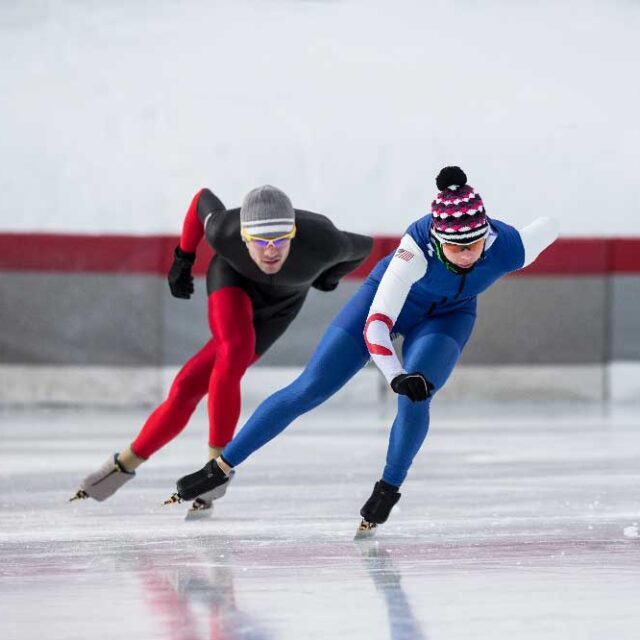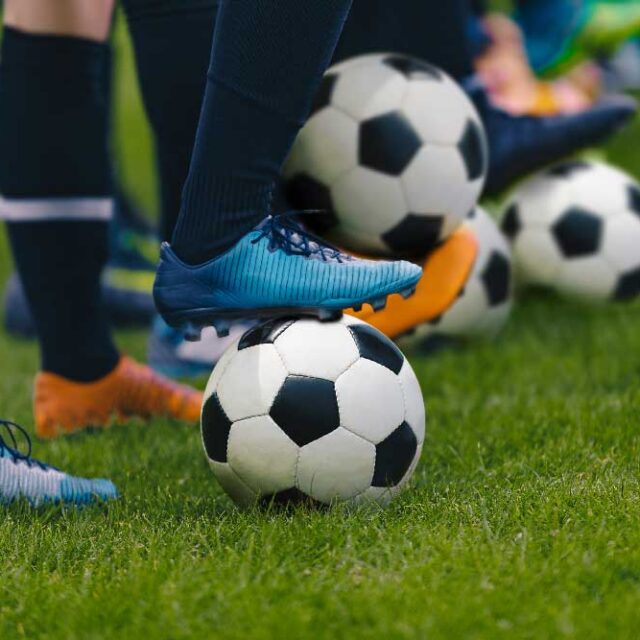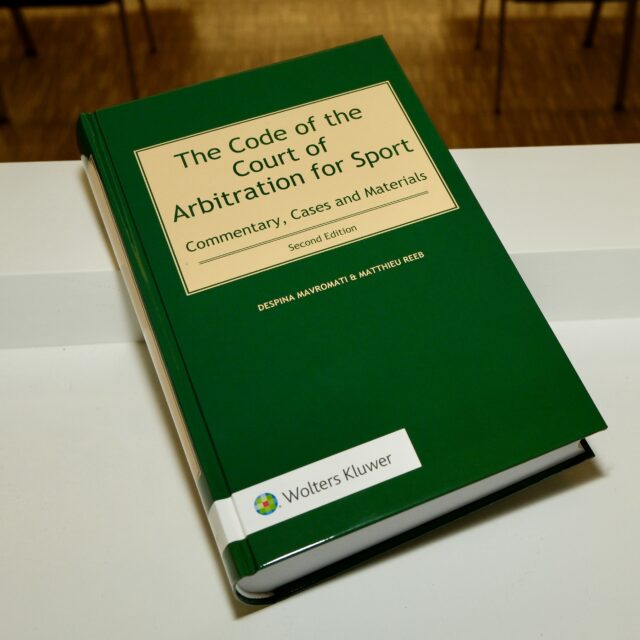SFT Judgment 4A_424/2017 Athlete X. v. World Anti-Doping Agency (WADA) & World Squash Federation
Difference between the violation of ne ultra petita and the violation of the right to be heard (dismissed)
The Facts
On October 2, 2016, the professional squash player X. concluded an “Agreement” with the World Squash Federation (WSF), according to which he admitted having violated the anti-doping rules. He accepted, to this end, a one-year suspension starting on February 7, 2016 as well as the annulment of all the results obtained by him at the 2016 South-Asian Games.
The World Anti-Doping Agency (WADA) subsequently appealed against this “agreement” to the Court of Arbitration for Sport (CAS), which upheld the appeal (number 1 of the operative part). Furthremore, the CAS Panel annulled the sanction stipulated in the Agreement (number 2), imposed a four-year suspension on X. starting on February 29, 2016 (number 3), and rejected all other requests and submissions (number 8). In the subsequent appeal to the Swiss Federal Tribunal, the Athlete X. requested the annulment of the award for violation of his right to be heard and violation of the principle of ne infra petita.
The Swiss Federal Tribunal Judgment
A) The plea of violation of the Athlete’s right to be heard
In his first plea, the Athlete alleged that the Panel failed to examine an argument that he raised. More specifically, the Panel did not examine whether the conditions for a reduction of the suspension for doping to a minimum of two years for “prompt admission” were met in the present case. The conditions for the “prompt admission” are provided for in Art. 10.6.2 & 10.6.3 of the applicable Antidoping Rules. In particular, the Athlete contended that he admitted immediately the infraction of the Anti-Doping Rules of which he was accused (second condition for the application of this provision). The third condition for the application of this provision was the discretionary consent by WADA and the WSF. According to the Athlete, the WSF had given its approval and he had requested WADA’s approval in his answer.
The Federal Tribunal dismissed this argument. It did so because the application of Art. 10.6.2 requires the discretionary consent of both WADA and the WSF. First, the Panel’s finding that WADA refused to give its consent as to the application of this provision is binding upon the Federal Tribunal.
Second, the Panel found that the (cumulative) conditions for the provision were not met in the case at hand and this resulted in the Panel not applying the provision at issue (therefore there was no violation of the Athlete’s right to be heard). In summary, the fact that the Panel left unanswered whether the Athlete’s prompt admission (one of the two other cumulative conditions) was not relevant in this respect.
B) The plea of violation of the principle of Ne Infra Petita
In a second plea, based on Art. 190 (2) (c) PILA, the Athlete alleged that the Panel omitted to address one of the claims, which would result in a formal denial of justice. The Federal Tribunal proceeded to the interpretation of the word “claims” (“conclusions”, in French) which means all requests and submissions of the parties. However, the plea does not cover the panel’s omission to address a question important for the outcome of the case. This is the difference between a denial of justice / ne utra petita plea and the one of the violation of the parties’ right to be heard.
Furthermore, the Athlete referred to one of his own claims, under which he requested the reduction of the suspension period based on Art. 10.6.3 of the Rules: By not examining the question of his prompt admission (and by not rejecting it in its operative part), the Panel had allegedly violated Art. 190 (2) (c) PILA. In his view, it was not sufficient that the Panel rejected all the other requests and submissions in the number 8 of the operative part of the award.
Again, the Federal Tribunal dismissed this argument after comparing numbers 8 and 3 of the operative part of the award to the reasons of the award, and finding that the CAS Panel had sufficiently addressed the Appellant’s claim.
The Takeaway
Overall, this is a judgment of no particular interest. One point to retain is the difference between the plea of the violation of the parties’ right to be heard and the plea of “ne infra petita”: the former includes the oversight of submissions and legal arguments that were regularly raised and they could have influenced the outcome of the case. The latter refers to the Panel’s omission to address one of the claims (all requests and submissions) but not the Panel’s omission to address a question important for the outcome of the case. As found in a previous judgment, there is a distinction between claims / requests (“Rechtsbegehren”) and pleas in defense of one’s claims (“Verteidigungsmittel”).








